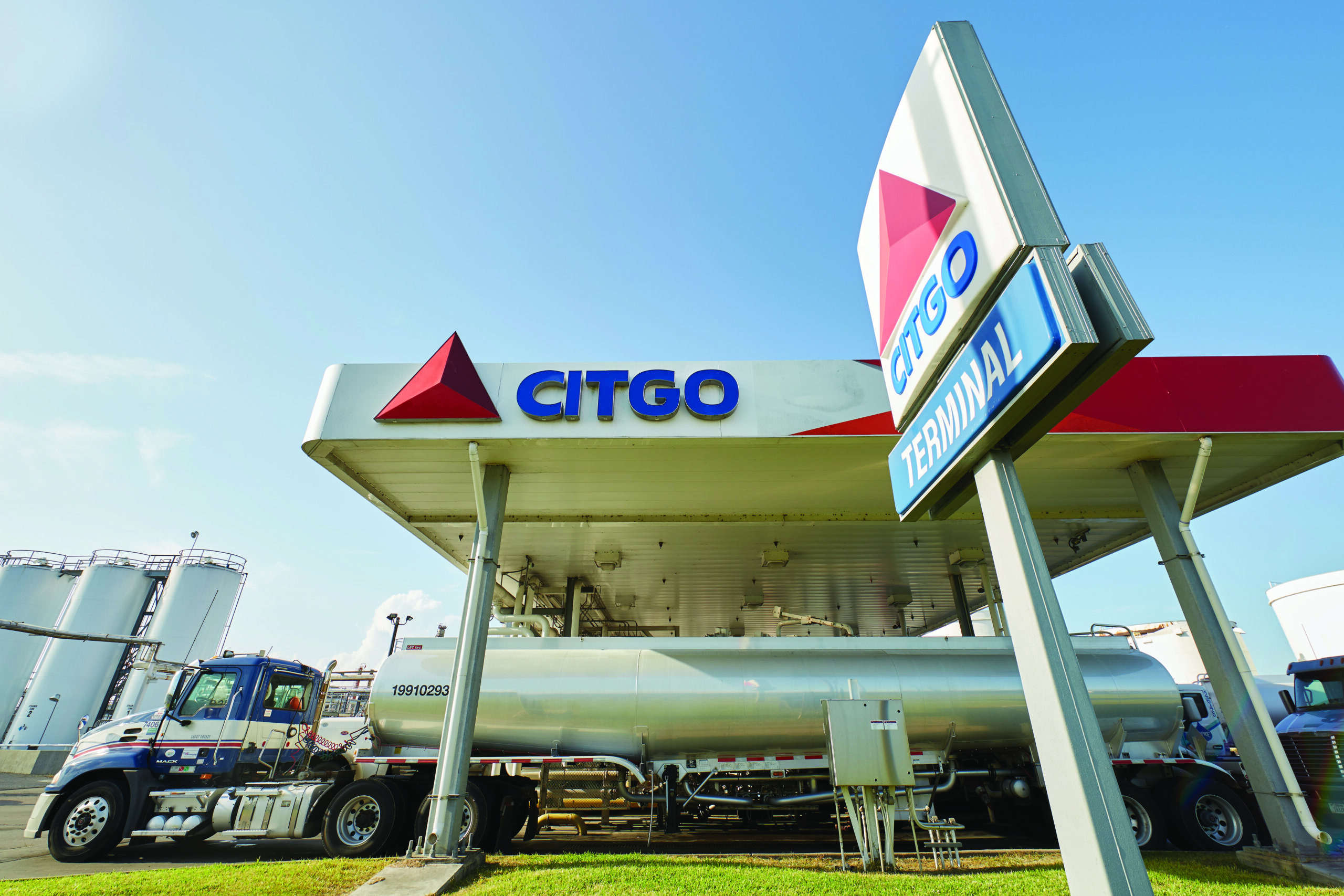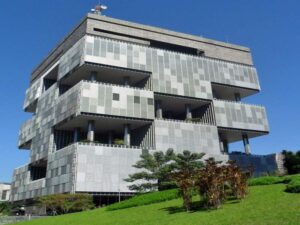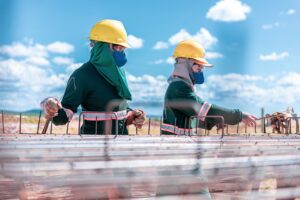
(Reuters, 22.Oct.2021) — The supervisory boards of Venezuela-owned Citgo Petroleum, racing to stave off a breakup of the eighth largest U.S. oil refiner, have held talks with U.S. officials in Bogota, Colombia, seeking to extend Washington’s protection while Citgo pursues negotiations with creditors, Reuters has learned.
Citgo is running out of time to achieve agreements to remain in Venezuelan hands. The refiner is caught between infighting among political groups that control its boards and a U.S. federal court that is ready to begin a forced auction as early as next month.
During the Bogota talks, which have not been publicly disclosed, Venezuelan representatives raised the need for extending Citgo’s protection. U.S. officials then requested a formal strategy for managing Venezuela’s foreign assets in the coming year, three people familiar with the meeting said.
A U.S. official confirmed the encounter on condition of anonymity.
A forced sale would take away Venezuela’s prized foreign asset. Citgo has already suffered steep losses, faced a U.S. probe into prior management and struggled to replace oil supplies cut off by U.S. sanctions on its parent, Venezuelan state oil firm PDVSA.
Since September, Citgo’s supervisory boards have pursued talks with creditors on payment proposals drafted by JPMorgan Chase & Co as Venezuela-linked debts have weighed.
But so far, talks have not been approved by Venezuela’s fractious National Assembly, which controls the supervisory boards. The opposition-led Assembly has often failed to agree on how to manage the foreign assets.
“We have to do something,” said Horacio Medina, president of the PDV ad-hoc board over Citgo, after meeting with U.S. officials in Bogota on the proposal this month. “The board wants to sit at the negotiation table with creditors. The current environment is appropriate for that.”
The U.S. Treasury Department so far has kept Citgo, a symbol of Venezuela’s fading international reach, out of the hands of creditors who won multibillion-dollar arbitration awards.
The U.S. protection is set to end in January, which could trigger an auction by the U.S. District Court in Delaware overseeing the most pressing claim on Citgo’s assets.
STRATEGY REQUEST
If granted, an extension could give National Assembly chief Juan Guaido renewed backing from a powerful ally, likely easing criticisms of his aides’ handling of the assets, and give Citgo time for the JPMorgan plan.
“We need U.S. support for 6-7 more months” to avoid a forced breakup, said Medina, referring to the Treasury protection.
PDVSA did not reply to a request for comment. Citgo, JP Morgan and the U.S. Treasury Department declined to comment. The State Department did not immediately provide a response to a Reuters query.
Washington recognizes Guaido as Venezuela’s rightful leader and considers socialist President Nicolas Maduro’s 2018 re-election a sham. Maduro, backed by Russia, China, Cuba and Iran, retains control of the Venezuela military and PDVSA.
U.S. President Joe Biden’s administration, which has maintained the Venezuela sanctions imposed by his predecessor Donald Trump, could look favorably on the Citgo request as it seeks to keep pressure on Maduro to hold fair elections.
CLOCK TICKING
The heads of the opposition-controlled National Assembly’s energy and finance commissions told Reuters this month they had not yet seen the proposal to allow Citgo supervisory boards to talk with creditors Crystallex, ConocoPhillips and PDVSA 2020 bondholders.
Many Venezuelan politicians oppose adding Conoco to the JPMorgan payment negotiations, arguing that its $2 billion award from the International Chamber of Commerce has been partially satisfied. Its outstanding balance could come from Conoco’s attachment of PDVSA’s Caribbean assets, one of the people said.
Conoco declined to comment due to the “confidential nature” of the topic.
Instead of negotiating payments, some in Guaido’s interim government want to transfer Citgo and other units to independent trustees. Even paying law firms to defend Citgo has split the opposition, delaying action, people close to the matter said.
“The situation is creating a lot of anxiety among people working to protect the assets, and a feeling of hopelessness among Venezuelans towards its political leaders,” said Luis Pacheco, former chief of the PDV ad-hoc board.
Criticism of Guaido’s management of foreign assets has ramped up following replacement of technocrats with an all-political board at Citgo. Similar infighting at another foreign company, petrochemical firm Monomeros Colombo-Venezolanos, led to several management shakeups and a recent bankruptcy filing.
ALL FRONTS
U.S. District Judge Leonard P. Stark, who is overseeing the Crystallex case, wants to begin organizing an auction of Citgo’s assets in November, Medina said. The court has progressed towards selling Citgo’s 749,000-barrel-per-day U.S. refining network, oil pipelines, retail brands and related facilities.
Members of Citgo’s supervisory boards believe that if JPMorgan can begin negotiations in coming weeks, it might convince the court to hold off.
As they mostly come from expropriation claims and delayed payments, Venezuela’s external liabilities are not directly Citgo’s, but were incurred by the Venezuelan Republic and PDVSA.
“The interim government is the only one authorized to oversee the assets, but Maduro’s government is the only that controls cashflow for paying creditors,” former PDV board chief Pacheco said.
Another reason why analysts and experts see little chance for the negotiations to succeed is that Citgo’s market value, estimated at about $10 billion a decade ago, represents a fraction of Venezuela’s $130-billion overall external debt.
“Venezuelans in Citgo have been getting used to the idea that any possible future will exclude them from the company,” a Citgo executive said. Even if payments are negotiated with creditors, that would tear the company apart.”
____________________
By Marianna Parraga in Houston and Matt Spetalnick in Washington; editing by Gary McWilliams and David Gregorio

